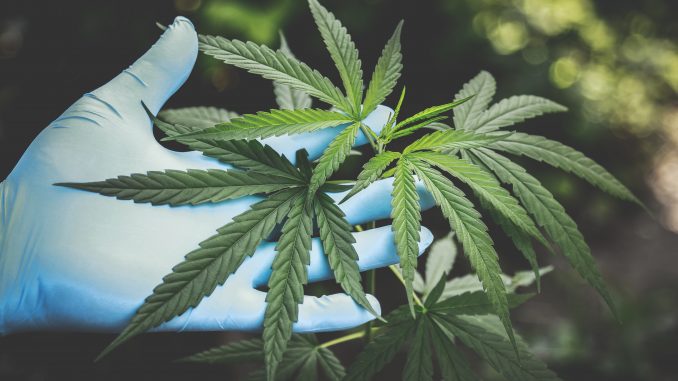
As part of the plan to legalize marijuana in New York, Gov. Andrew Cuomo announced on Feb. 20 that he was going to tour three of the 11 states that have already legalized the drug to discuss what is working with their existing polices and what isn’t.
Cuomo will be visiting Massachusetts, Illinois and Colorado or California, which all have three versions of legalization according to Cuomo. He wants to discuss their plans of legalization, to see if their social equity goals have worked and if their law enforcement has worked. The state will use this information to create “the best bill and the best system” which Cuomo wants to pass on April 1, the same day the 2020 fiscal year begins.
Two major goals for marijuana legalization in New York State are making sure that young people can’t get it and social equity.
“We want to make sure there are advantages to communities that have been oppressed,” Cuomo said. “But then you look at the aftermath and many of those goals haven’t been met, right?”
New York’s legal cannabis industry is expected to hit sales between $1.7 billion and $3.5 billion within a year. Gov. Cuomo has proposed spending money raised from marijuana tax sales on social equity such as a local impact programs.
According to a Democrat and Chronical article, two of the three states that Cuomo plans to visit have experienced problems with implementing social equity.
In Massachusetts 6% out of 700 marijuana business licenses has gone to “minority-owned applicants.”
Illinois was the most recent state to legalize marijuana. On Jan. 1 when the stores opened in Chicago, officials reported that white men were the ones “raking in the profits.”
The New York bill, the “Marihuana Regulation and Taxation Act” (MRTA), will direct 50% of the tax revenue to establish the Community Grants Reinvestment Fund, which is “aimed at giving back to the communities that have been the most disproportionately affected by current marihuana laws.”
The bill states “marihuana prohibition has thrust thousands of New Yorkers into the criminal justice system for non-violent offenses, inhibiting an otherwise law-abiding citizen’s ability to access housing, student loans, employment opportunities, voting and other vital services.”
Fourth-year sociology and criminology double major Shaniece Hunter said that the state is “more than” capable of achieving their goal of social equity since they have already decriminalized recreational marijuana and have stopped New York City employers from drug testing.
However, she said that New York can support people of color by “releasing people in prison for marijuana offenses, especially those in prison for 10 [or more] years. [The state] can also put these people into reentry programs that will help them get back on their feet.”
According to a Police Reform Organizing Project report, in 2018 87.5% of marijuana related arrests in New York City involved people of color.
The MRTA has yet to pass through the assembly or the senate and is currently in the senate finance committee.

